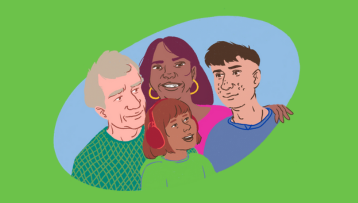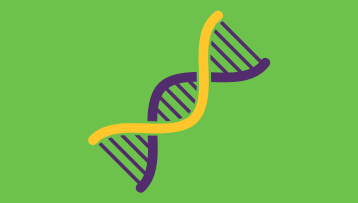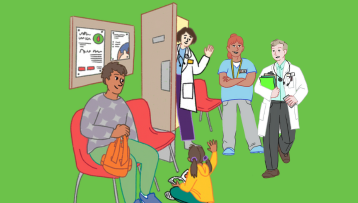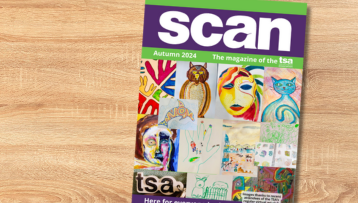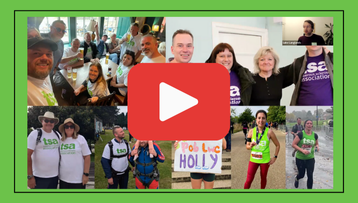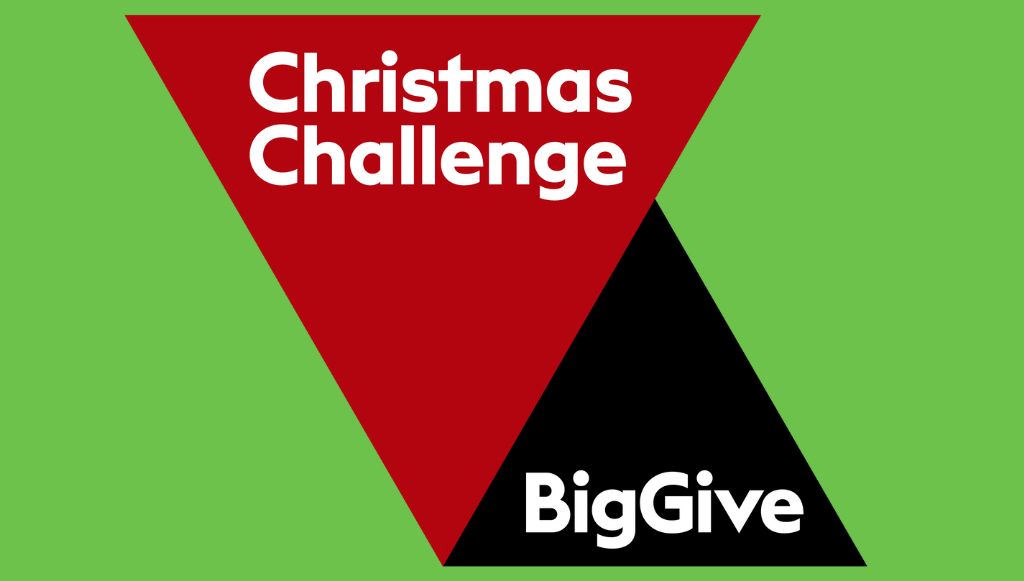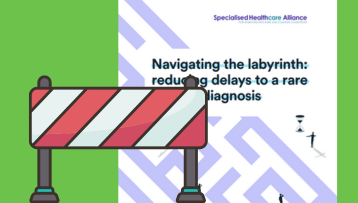Last updated: 11 October 2021
The TSA is working with TSC clinicians in the NHS to understand what priority groups for covid-19 vaccines could mean for the TSC community.
Our understanding of these priority groups may change as more information becomes available from the UK Joint Committee on Vaccination and Immunisation (JCVI) and the NHS. We will update this page as more information becomes available over the coming days, weeks and months.
Although many people in the UK have now received their covid-19 vaccinations, the JCVI priority groups will continue to be important as we move forward into covid-19 booster and third jabs.
Joint Committee on Vaccination and Immunisation (JCVI) advised priority groups
- GROUP 1. Residents in a care home for older adults and their carers
- GROUP 2. All those 80 years of age and over. Frontline health and social care workers
- GROUP 3. All those 75 years of age and over
- GROUP 4. All those 70 years of age and over. Clinically extremely vulnerable individuals
- GROUP 5. All those 65 years of age and over
- GROUP 6. All aged 16 years to 64 years with underlying health conditions which put them at higher risk of serious disease and mortality. People who are in receipt of a carer’s allowance, or those who are the main carer of an elderly or disabled person whose welfare may be at risk if the carer falls ill. Adults who live with other adults that are immunosuppressed
- GROUP 7. All those 60 years of age and over
- GROUP 8. All those 55 years of age and over
- GROUP 9. All those 50 years of age and over
- GROUP 10. Rest of the population
However, please be aware that the priority groups may be changed or updated as time goes by.
Likely impact of proposed priorities of individuals living with TSC
For the TSC community, our understanding from working with clinicians in the NHS TSC clinics is that this is likely to mean that the community will be prioritised as follows:
- Individuals living with TSC who are living in care homes for the elderly where vaccination of the whole resident population is recommended – including younger adults who are living alongside older residents – are likely to be vaccinated in GROUP 1.
- Individuals living with TSC who have received a letter from their GP or specialist consultant informing them that they are clinically extremely vulnerable are likely to be vaccinated in GROUP 4, alongside everyone aged 70 and over
- Individuals aged 16-64 living with TSC who have an underlying health condition which put them at higher risk of serious disease and mortality are likely to be vaccinated in GROUP 6, as are any adults who live with other adults that are considered ‘immunosuppressed’. Individuals living with TSC at higher risk are those who have:
- chronic respiratory conditions (such as LAM)
- chronic kidney disease (such as AMLs of kidney cysts)
- chronic neurological conditions (such as epilepsy)
- severe or profound learning disabilities
- immunosuppression due to treatment with mTORs, or
- severe mental illness
If you are being treated with mTORs for AMLs or SEGAs, you may wish to speak to your clinician about whether to stop taking the drug for a week before and a week after being vaccinated. However, if you are offered a vaccine at short notice you should take it, and not delay. If you are taking mTORs for LAM or epilepsy, then it is probably better not to take a break from treatment. But, it is important to speak to your clinician. The bottom line is that you should speak to your GP or TSC clinician before any decisions are made about whether to stop or continue treatment alongside vaccination.
- Older carers should also prioritise their own health and make sure that they are likely to be vaccinated AS PART OF THEIR RELEVANT AGE GROUP to keep themselves and their loved one safer. Carers who are in receipt of a carer’s allowance or those who are the main carer or an elderly or disabled person whose welfare may be at risk if the carer falls ill should be offered vaccination in GROUP 6
- Individuals who live with TSC but are not clinically extremely vulnerable or at higher risk are likely to be vaccinated AS PART OF THEIR RELEVANT AGE GROUP. There is no evidence that having TSC makes you more vulnerable to catching covid-19 or being more seriously affected by it than the general population if you do not fall into the clinically extremely vulnerable or higher risk groups
Further resources
The Challenging Behaviour Foundation have published helpful advice on reasonable adjustments to support individuals with severe learning disabilities who may struggle with needles and vaccination. You can find this information here.
Make a one off or regular donation
£10 Can allow us to send a welcome pack to a family who has just received a life-changing TSC diagnosis, ensuring that they do not go through this time alone.
£25 Can help us develop materials that are included in our support services, flagship events or campaigns.
£50 Can provide laboratory equipment for a day’s research into the causes, symptoms, management or treatment of TSC.
To provide help for today and a cure for tomorrow









